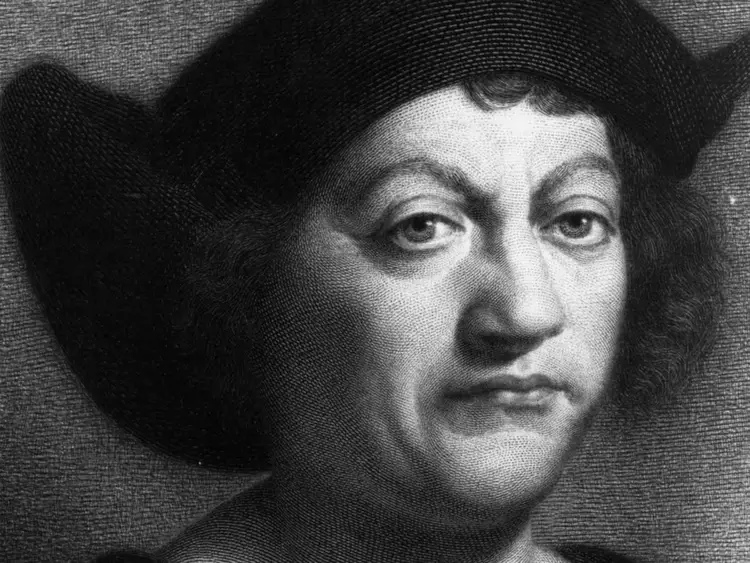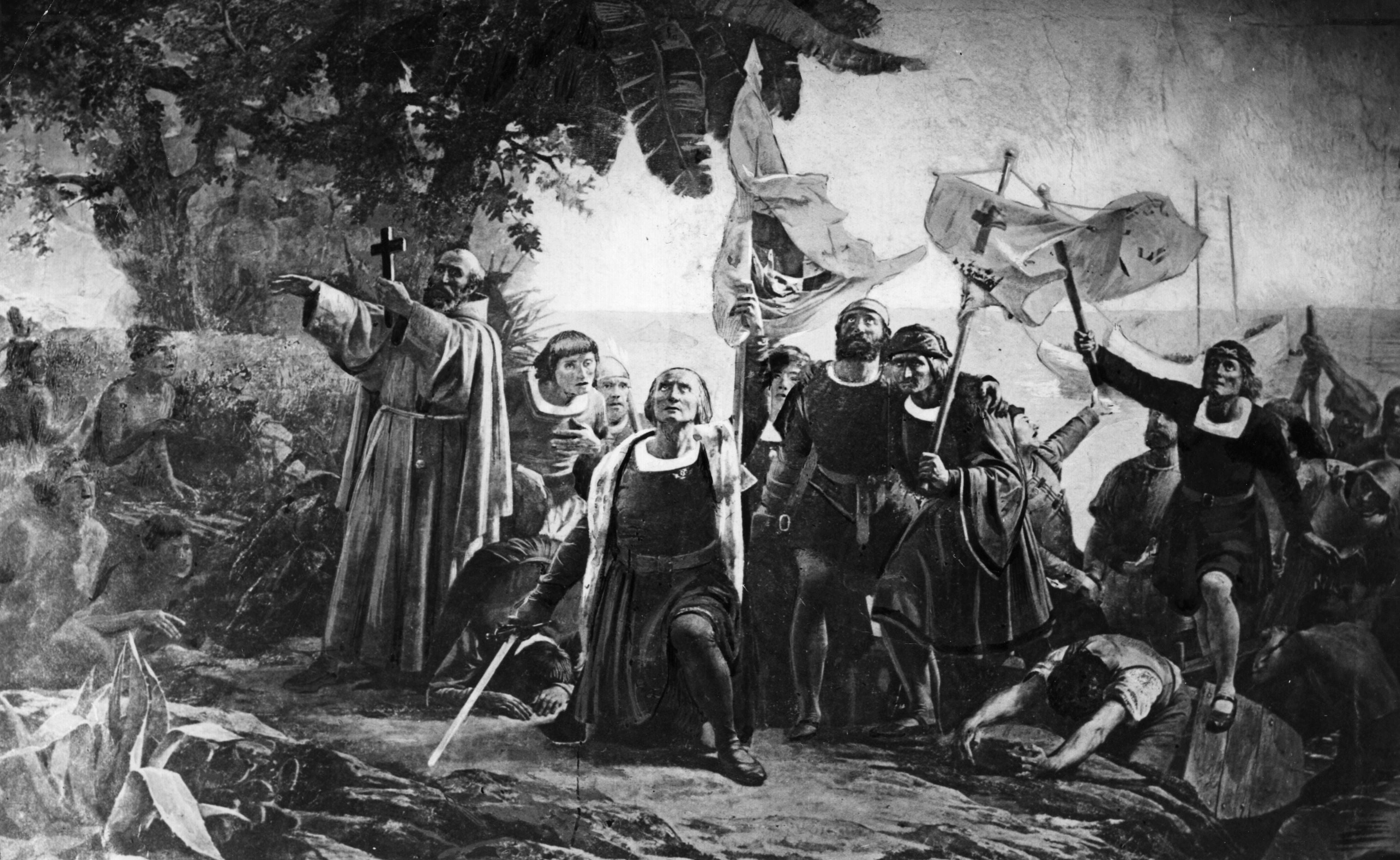Christopher Columbus was secretly Jewish, new DNA study reveals

Stay Ahead: Your Weekly Trend Guide
Stay Ahead: Your Weekly Trend Guide!
Stay Updated: Your Weekly Trend Guide
I’d love to receive emails about promotions, events, and news from The Independent. Please take a look at our privacy policy.

A recent DNA analysis of the remains of Christopher Columbus, which are 500 years old, has revealed that this contentious explorer was likely a Sephardic Jew from Western Europe.
Spanish researchers revealed their discoveries in a recent documentary called "Columbus DNA: The True Origin," which was shown on the national broadcaster TVE in Spain. Since 2003, scientists have been analyzing samples from remains that are thought to belong to the 15th-century explorer, buried at Seville Cathedral in Spain.
In the documentary, José Antonio Lorente, a professor of forensic medicine at the University of Granada who directed the research, stated that his findings indicated that Columbus’s DNA showed a “match” with Jewish heritage.
During the 21-year investigation, DNA specialists analyzed the remains and compared them to samples from known relatives and descendants. "We have some DNA from Christopher Columbus, although it's partial, it's enough. We also have DNA from his son, Fernando Colón," Lorente mentioned, according to CNN. "In both the Y chromosome (which is passed down through males) and the mitochondrial DNA (inherited from the mother) of Fernando, there are characteristics that suggest a Jewish heritage."
For a long time, it was thought that Columbus was an Italian from Genoa, born in 1451 into a family of wool weavers. However, historians have proposed alternative origins for him, suggesting he might have been Greek, Basque, Portuguese, or even British. Despite extensive research, experts have not been able to determine his exact birthplace. Nevertheless, they've concluded that it is probable he originated from the Mediterranean area of Spain after looking into 25 different possible locations.
According to Lorente, the DNA evidence suggests that Christopher Columbus originated from the western Mediterranean region. He pointed out that if there weren't any Jews in Genoa during the 15th century, the chances of Columbus being from that area are very low. Additionally, there wasn't a significant Jewish population anywhere else in Italy at that time, which complicates the situation further.
Before the time of the Catholic Monarchs, King Ferdinand II and Queen Isabella, it is believed that around 300,000 Jews resided in Spain. These rulers mandated that Jews and Muslims either convert to Christianity or leave the country. This led to the expulsion of Jews from Spain in 1492, which was also the year Columbus set out on his first journey to the Americas.
Currently, researchers think that Columbus may have hidden his Jewish roots or converted to Catholicism to avoid facing religious discrimination. The phrase Sephardic Jew comes from the Hebrew word 'Sepharad,' which represents the Iberian Peninsula, encompassing what are now Spain and Portugal.
Following the research, Lorente also validated the theories suggesting that the remains found in Seville Cathedral were indeed those of Columbus. "The findings are nearly completely trustworthy," he stated.
Columbus passed away in Valladolid, Spain, in 1506. He had hoped to be laid to rest in Hispaniola, an island that is currently split between Haiti and the Dominican Republic. His body was transported there in 1542. Later, in 1795, his remains were moved to Cuba, and ultimately, they were transferred to Seville in 1898.
Backed by King Ferdinand and Queen Isabella, Columbus made four trips across the Atlantic Ocean for Spain. However, his conquests, along with the following acts of genocide and colonization against Indigenous peoples in the Americas, have drawn significant criticism. Consequently, various states and cities across the United States have chosen to change the name of Columbus Day, the holiday that celebrates the explorer, to acknowledge the violence inflicted upon Native Americans since Columbus and his men first landed.













































